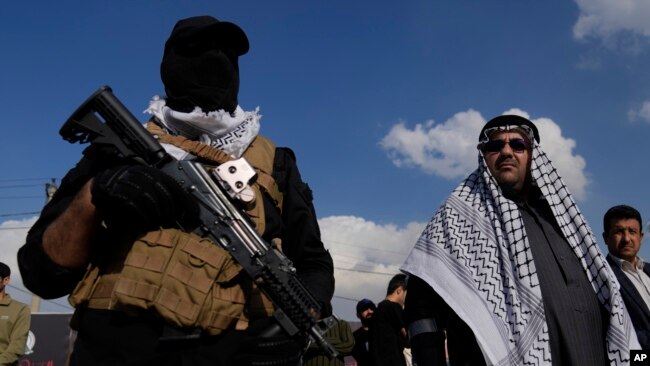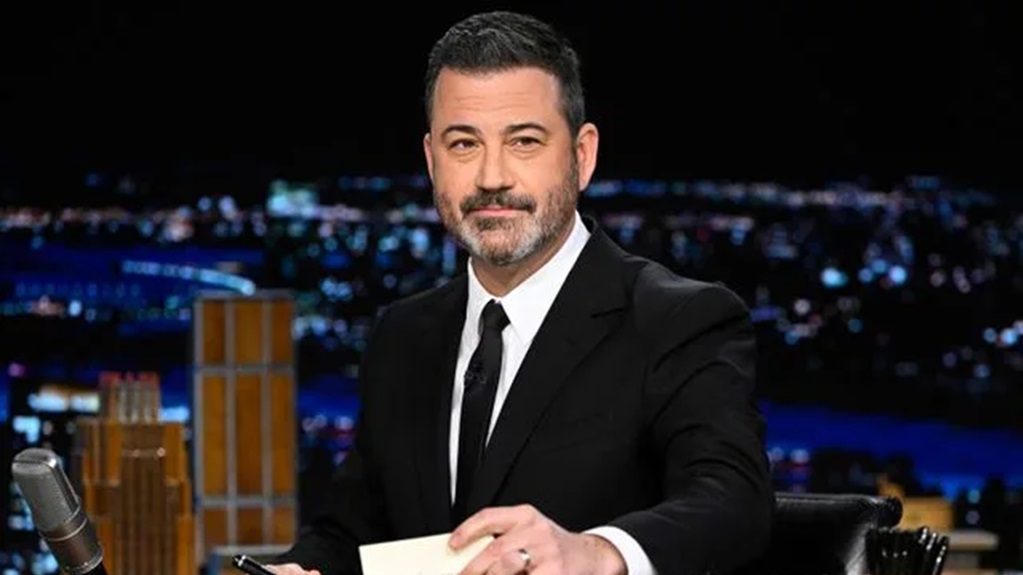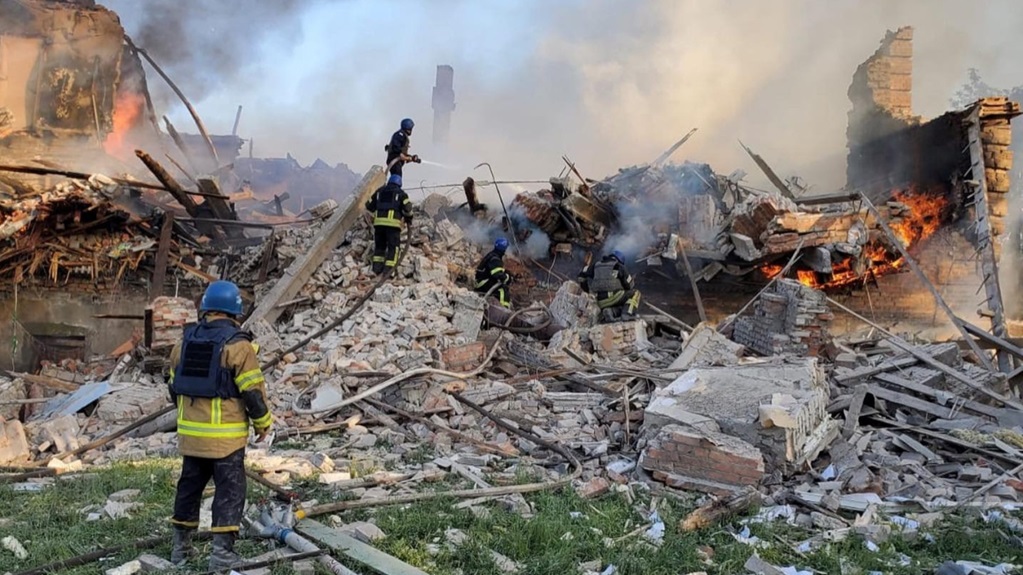US Preparing ‘Multiple Actions’ to Deter Iran Proxies
Written by WorldOneFm on January 31, 2024
As the United States prepares “multiple actions” in response to a drone attack by Iran-backed militants that killed American soldiers, Kataib Hezbollah, one of the more powerful of Iran’s Iraq-based proxies, announced it is suspending all its military operations against U.S. troops in the region.
Speaking to reporters on Tuesday, U.S. President Joe Biden said he has decided on a military course of action in response to the attack on a U.S. base in Jordan near the border of Iraq and Syria that killed three American soldiers and wounded more than 40 others.
Neither Biden nor his officials provided details. But speaking to reporters aboard Air Force One, National Security Council spokesperson John Kirby said the goal is to ensure the U.S. degrades the groups’ capabilities to attack American troops and facilities, while sending a “strong signal to their backers” in Iran’s Islamic Revolutionary Guard Corps.
“The president will do what he has to do to protect our troops and our facilities and to look after our national security … interests in the region,” he said, adding that Biden’s order will be a “tiered approach” encompassing “potentially multiple actions.”
Sunday’s attack on the U.S. base in Jordan killed the first U.S. service members in the Middle East since Israel’s war with Hamas erupted in Gaza on October 7.
An umbrella group for Iranian-backed militias, the Islamic Resistance in Iraq, has claimed responsibility for the attack. The Pentagon says the drone strike has the “footprints” of Iran-backed Iraqi militia Kataib Hezbollah, although the U.S. has not given final attribution of who is responsible.
On Tuesday, Kataib Hezbollah said its suspension of military operations against U.S. troops in the region is done “in order to prevent embarrassment of the Iraqi government.”
“We will continue to defend our people in Gaza in other ways,” the group’s Secretary-General Abu Hussein al-Hamidawi said in a statement released by the group on Telegram.
Kataib Hezbollah’s announcement did not mention any threat of an American response. But the timing is no coincidence, said Matthew Kroenig, senior director of the Atlantic Council’s Scowcroft Center for Strategy.
“It is pretty simple: When America puts credible military options on the table, adversaries back down.
Kataib Hezbollah’s statement to cease hostilities is unlikely to sway Washington from planning its response. Pentagon press secretary Major General Pat Ryder told reporters Tuesday that “actions speak louder than words,” and vowed “consequences.”
Amir Saeid Iravani, Iran’s ambassador to the United Nations, told Iranian journalists late Tuesday that Iran would “decisively respond to any attack on the country, its interests and nationals under any pretexts,” according to the state-run IRNA news agency.
Tough balancing act
Biden has been aiming to calibrate his retaliation to contain the growing risk of a regional war.
“I don’t think we need a wider war in the Middle East,” he said. “That’s not what I’m looking for.”
Deterring Iran and its proxies while preventing an all-out war is a tough balancing act for Biden. Ahead of the November presidential election, the action he takes must be seen as strong enough to avoid criticism from hawkish Republicans, yet measured enough that it will not draw Washington into another conflict.
Among the options that Biden has are targeting Iranian-backed militias in the region and launching strikes on Iran’s military targets or taking out their leadership — decisions that previous American presidents have taken in response to Tehran’s provocations.
In 1988, former U.S. President Ronald Reagan ordered Operation Praying Mantis, which crippled Iran’s naval fleet in retaliation for the mining of the USS Samuel B. Roberts that blew a massive hole in the ship’s hull and injured 10 sailors.
In 2020, former U.S. President Donald Trump ordered the drone strike that killed Iranian General Qassem Soleimani, who was blamed for numerous terrorist attacks internationally.
Following Soleimani’s killing, Tehran launched a barrage of missiles at U.S. bases in Iraq, causing injuries but no fatalities, and imposed sanctions on U.S. officials. A similar “token response” would be the best-case scenario for Biden, Kroenig said.
Some Republicans, including Senator Lindsey Graham, have pushed for a much harsher approach, suggesting on a recent Fox News interview that Washington should bomb IRGC headquarters inside Iran and “blow it off the map.”








